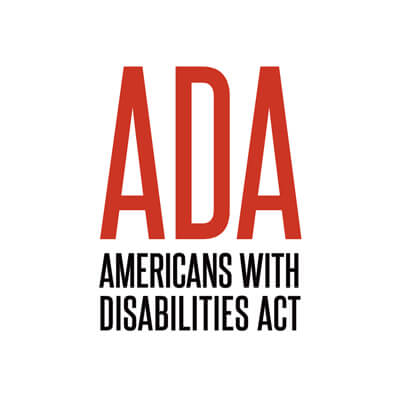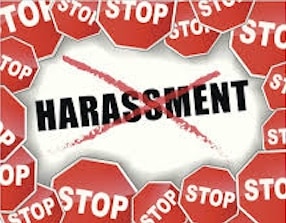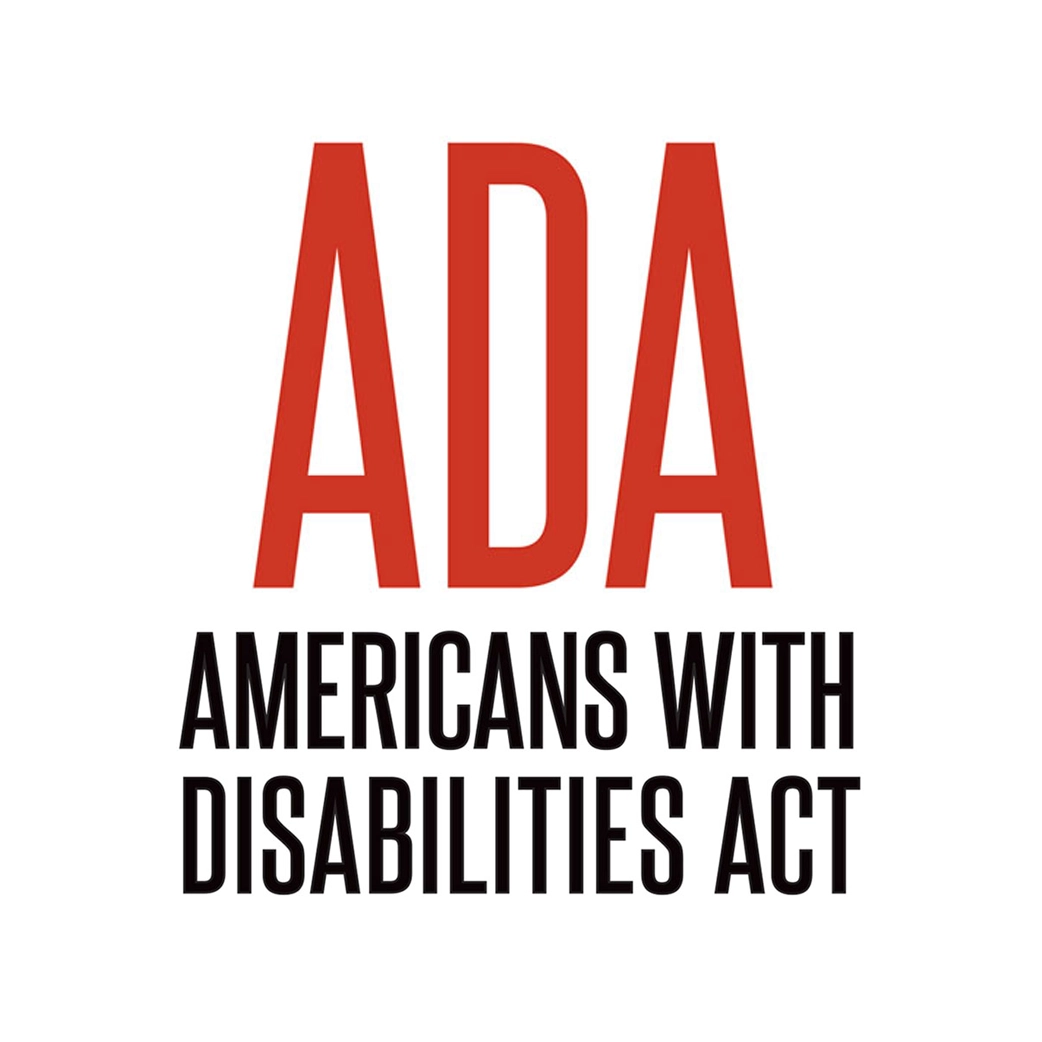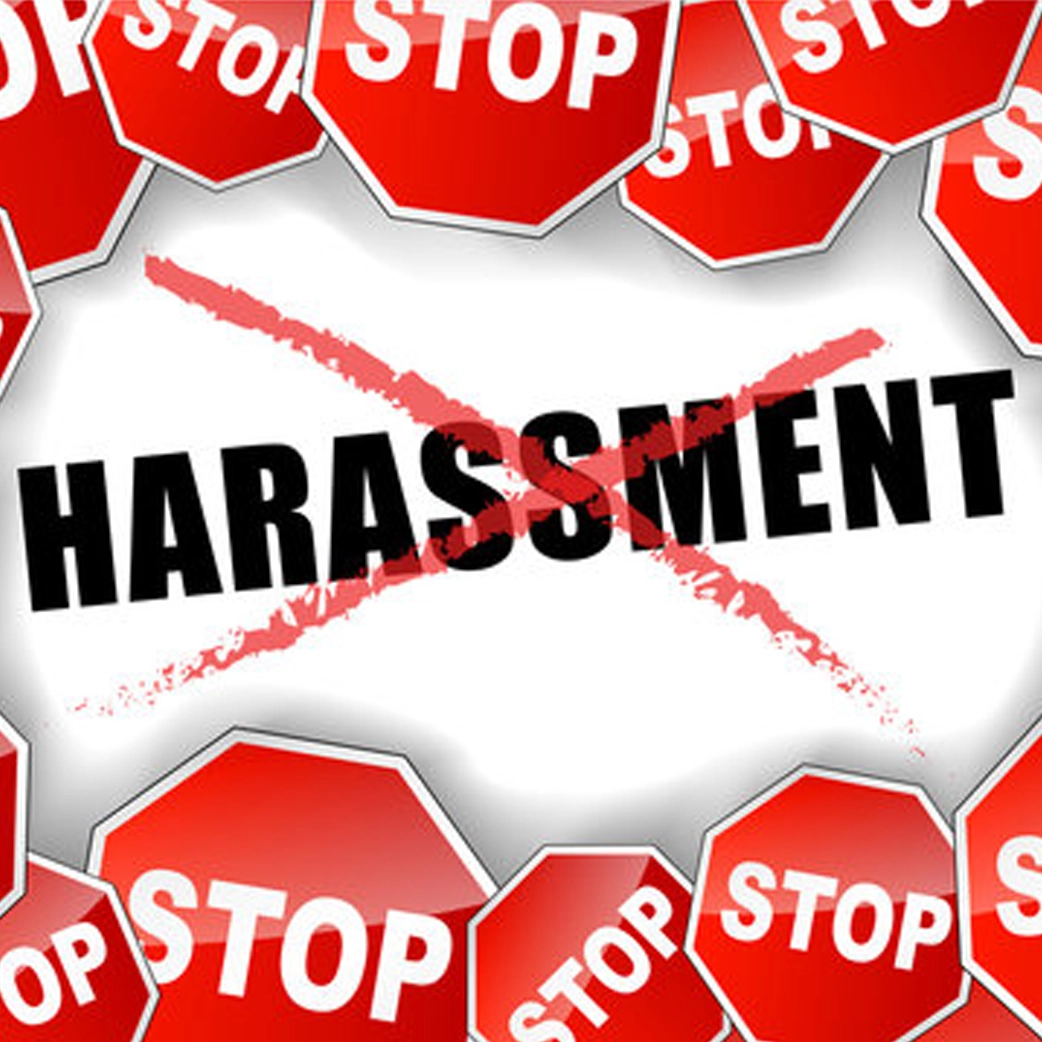(COVID-19)Novel Coronavirus Update
European Centre for Disease Prevention and Control, Novel coronavirus in China page
LDH COVID-19 (http://ldh.la.gov/Coronavirus/)
The State of Louisiana reports first death related to COVID-19. The Orleans Parish resident was a 58-year-old individual with underlying health conditions. The patient was being treated at Touro Infirmary Hospital and Medical Center.
Please go to LDH COVID-19 (http://ldh.la.gov/Coronavirus/) for official information on Presumptive Positive Test Results and locations. It is updated at 9 am and 4:30 pm daily. Below is current info.
Louisiana Cases
Presumptive Positive Test Results 77 CDC Confirmed Positive Cases 0 Tests Completed by the State Lab 108 Parish of Residence Caddo 1 Jefferson 11 Lafourche 1 Orleans 53 St. Bernard 1 St. Charles 2 St. Tammany 2 Terrebonne. Bossier
St. John
1 1
3
Deaths 1 In the U.S., on Saturday, March 14, President Trump & Vice President Mike Pence announced the US will extend its existing European coronavirus disease (COVID-19) travel ban to the UK and Ireland beginning 23:59 (local time) on Monday, March 16. The move notably comes after the US imposed a travel ban on 26 European countries in the Schengen Area for 30 days from Friday, March 13. Under the expanded travel restrictions, non-American nationals who have been in the Schengen Area, UK, or Ireland within the last 14 days will be prohibited from entering the US. American citizens and permanent residents will be exempted from the measures. As of Saturday, 2952 cases of COVID-19 have been confirmed in the US, as well as 51 associated deaths. 1143 cases have been confirmed in the UK, as well as 21 associated deaths. Around 90 cases have been confirmed in Ireland, as well as one death. Additionally, President Trump tested negative for the coronavirus, his doctor said in a memo released Saturday evening. The president’s health had been a concern since he spent time at his Florida resort last weekend with a Brazilian official who was later found to have the illness. The U.S. House passed a sweeping relief package to assist people affected by the outbreak, after a roller-coaster day of negotiations on Friday, and it now goes to the Senate. At Saturday’s news conference, Mr. Trump signaled his approval of the measures, which he noted had bipartisan support. Amid the outbreak – and the mounting response — Disney World is closing. Broadway shut its doors. Schools are closing and large gatherings are being banned. The Boston Marathon and the Masters Tournament are now postponed. The NBA, NHL and Major League Soccer have suspended their seasons.
The number of cases worldwide continues to climb. According to health officials, there have been 156,400 confirmed cases of COVID-19. More than 73,968 people have recovered, and 5833 people have died. Every aspect of modern life is being hit as sweeping measures are rolled out in an effort to stem the coronavirus pandemic.
In Italy, the Ministry of Health confirmed 21,157 cases of coronavirus (COVID-19) nationwide and 1441 associated fatalities as of 18:00 (local time) on Saturday, March 14. The highest number of cases remains in Lombardia region with 11,685 confirmed cases. Italy remains in lockdown until Wednesday, March 25. Under the lockdown measures, Prime Minister Giuseppe Conte is advising all individuals in the country to stay at home. All non-essential businesses are closed including museums, cinemas, resorts, retail, restaurants, and personal services. Public gatherings remain suspended nationwide. All individuals are recommended to work from home and respect an interpersonal distance of 1 m (3 ft). Essential services such as the agriculture, finance, and public transport sectors remain operational, as well as pharmacies and markets selling only foodstuffs. Prime Minister Conte clarified that catering services such as canteens and food and drink establishments in the vicinity of public transport can only operate if they can guarantee a distance of 1 m (3 ft) between persons. He also said that interregional automotive services as well as rail, air, and sea transport services will be reduced. However, any individual requiring essential travel must first have police permission. While essential domestic and international travel from Italy is still possible under specific circumstances as of Saturday, numerous countries worldwide have restricted or banned travel to or from Italy. Potentially impacted individuals are advised to contact their embassy for more information.
In Iran, on Friday, March 13, Iranian security forces began implementing a nationwide lockdown in which the streets will be cleared and those suspected to have COVID-19 will be “fully identified.” One security official stated that the operation entailed the “emptying of shops, streets and roads.” Other measures, which have not been disclosed, are likely to be implemented in the coming days amid the lockdown. On Saturday, Mach 14, public health authorities reported a total of 12,729 coronavirus (COVID-19) cases in Iran, including 611 deaths.
In South Korea, on Sunday, March 15, President Moon Jae-in announced the designation of four “special disaster zones” in North Gyeongsand province: Daegu and Gyeongsan cities, and Cheongdo and Bonghwa counties, in order to allocate specific state resources to these areas most impacted by coronavirus (COVID-19). Daegu accounts for approximately 73 percent of the countries confirmed COVID-19 cases with 6031 individual testing positive for the virus as of Sunday. The Korea Centers for Disease Control and Prevention (KCDC) confirmed 8162 cases of coronavirus nationwide as of 00:00 (local time) on March 15, including 75 associated fatalities. While the number of new infections per day has decreased in the previous days, further spread of COVID-19 is expected over the coming days and weeks across South Korea. Local media outlets reported on Thursday that 136 countries and territories are restricting entry or enforcing quarantine measures for travelers from South Korea. More information regarding entry restrictions around the world for individuals coming South Korea can be found on the Korean Air website here. The national airline carrierannounced further international flight cancelations and reductions on March 9, including several routes to and from the US and Europe. Other domestic airlines, such as Asiana Airlines, alsoannounced extensive flight cancelations and reductions on international routes from March 5. Further travel restrictions for individuals traveling from or via South Korea and/or for South Korean nationals are anticipated in the near term, as well as additional domestic and international flight disruptions.
In the U.K., officials at Public Health England (PHE) have confirmed 1143 cases of coronavirus (COVID-19) and 21 associated fatalities while 37,746 people have been tested as of 09:00 (local time) on Saturday, March 14. Ten people in the UK have died in the last 24 hours. The UK government’s chief medical adviser said the patients were all in “at-risk” groups from across England. It comes as the government revealed plans to boost the number of NHS beds and ventilators to treat people. British manufacturing companies are to be tasked with increasing the production of ventilators and other medical equipment, while the NHS could also buy up thousands of beds in private hospitals. In a conference call with manufacturers on Monday, Prime Minister Boris Johnson will urge them to join a “national effort” to tackle the virus. Downing Street says it has already been working with suppliers in the UK and abroad to increase the nation’s supply of ventilators. The government is expected to limit public gatherings in the coming days. British Airways has temporarily canceled its flights to and from Italy as of Tuesday, March 10. The airline has offered individuals who have booked travel between London and Italy up to April 4 to refund their ticket or rebook onto another flight for later travel.
In Spain, On Saturday, March 14, the Spanish Government activated a state of alert as the number of coronavirus (COVID-19) cases soars in the country. The State of Alarm confers to the government exceptional powers to limit the free movement of people and vehicles, ration goods and services, among other powers. Residents are therefore to restrict all movement with the exception of those going to work, hospitals or health centers, financial institutions, and those shopping for groceries, pharmaceuticals, and basic necessities. Private vehicles will also be allowed to circulate on public roads to carry out the permitted activities or to refuel at gas stations or service stations. The Ministry of Interior, however, may decide to limit, ban, or partially ban traffic on highways. Public transportation services by rail, road, air, and sea will be reduced by up to 50 percent. The decree will also close schools, bars, restaurants, shops, and other public spaces. Specifics of the state of alert will continue to emerge through March 14. The decision comes after individual regions implemented their own restrictions. The Generalitat de Catalunya asked residents to stay indoors as of Friday, March 13, and asked Madrid to close borders, ports, airports, and railways in the region. TheBasque Country administration announced that bars, restaurants, museums, and places of worship would be closed starting Sunday, March 15, for 15 days. Residents are also obliged to keep a distance of one and a half meters (five feet) from one another. The Community of Madrid previously ordered the closure of all establishments and shops “except food and basic necessities,” until Thursday, March 26. Authorities had also previously banned indoor gatherings of more than 1000 people in the Madrid,La Rioja, Vitoria, and Labastida regions. Schools in the worst affected regions of Madrid, the Basque Country, and La Rioja will be closed for two weeks as a precautionary measure starting from Wednesday, March 11.Currently, there are 6391 confirmed COVID-19 cases, including 133 deaths and 193 recoveries.
In Kosovo, authorities have canceled all flights into the country from Monday, March 16, according to diplomatic sources while all departing flights are expected to be severely disrupted due to the ongoing coronavirus (COVID-19) outbreak. The decision follows after health officials confirmed Kosovo’s first cases of COVID-19 on Friday, March 14. Two of the three infected individuals had recently traveled to Italy, while the third patient is one of their relatives. Further spread of the virus is expected in the near term. On Wednesday, March 11, authorities suspended all schools and public gatherings until March 27. Public transport remains restricted, and border crossing points via land remain closed to non-Kosovo citizens. Non-essential businesses such as cafes, bars, restaurants, and shopping centers also remain close. Food stores and pharmacies are still operating.
In the UAE, on Saturday, March 14, the Emirati Federal Authority for Identity and Citizenship (ICA) announced that the country would suspend the issuance of visas to all foreigners (except for diplomatic passport holders), effective Tuesday, March 17, over concerns regarding the coronavirus disease (COVID-19) pandemic. The move does not affect the ability of individuals to enter the UAE whose visas were issued prior to March 17. The UAE has confirmed over 85 cases of COVID-19.
- I Would Like To
I WOULD LIKE TO...
- Residents
- Government
GOVERNMENT
- Other Agencies
OTHER AGENCIES
- Municipalities
- 150th Anniversary












